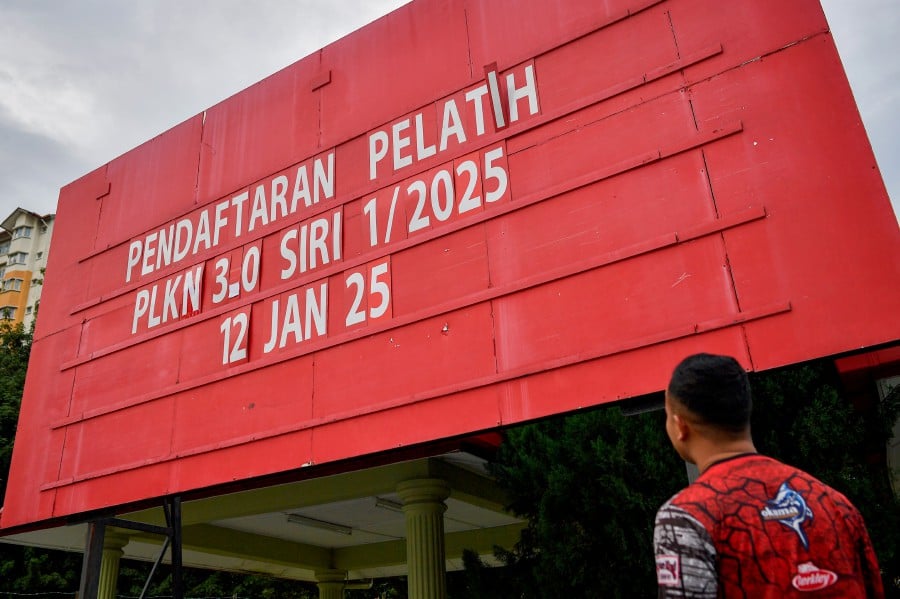
TWO decades after it was first introduced the National Service Training Programme returns this week with a celebratory — and perhaps apprehensive — launch for its third instalment.
As much as national service has contributed to personal growth and friendships, it is also haunted by the spectre of 23 reported trainee deaths, bullying, sexual harassment, illnesses and food hygiene problems.
But we have a problem: national service camp operators are still reeling from losing RM109 million in 27 months of rental fees between 2018 and 2020, after the programme was scrapped.
The Association of Former NS Camp Operators said they are seeking a court order to declare a provision of the main contract void, reimbursement for the losses and an assessment of wasted expenditure and damages.
Then there are the educationists who are uneasy over the lack of an impact assessment on the effectiveness of national service.
The previous two national service programmes drafted a total of 340,000 wira and wirawati, with most participating enthusiastically, but some, because attendance was compulsory, joined grudgingly.
Some draftees even refused to turn up.
In National Service 3.0, the government is adopting a liberal stance: compulsory drafting is out and voluntarism is in.
In the trial run at two camps in Kuala Lumpur and Pahang, 130 volunteers will undergo training before the programme's expansion to 13 camps nationwide.
The modest number of trainees reflects the government's leaner allocation of RM50 million for the programme, as opposed to the billions spent previously.
But it must be stated: our national service programme is nowhere near its supposed model in Singapore, where national service is militaristic in character and steeped in real or imagined geopolitical foes.
While Malaysia has a hallowed military tradition, conscription is not one of them. Despite the presence of military-like modules, National Service3.0 is more geared towards team-building — fostering patriotism, national unity, character and resilience.
If this 45-day trial runs as planned, National Service 3.0 proper will have a major launch in the May-June and September-October calendars at the Territorial Army Regiment Camps.
Third time is hopefully the charm. If trainees can be imbued with the muhibah spirit by forging lasting friendships and camaraderie, then National Service 3.0 will be deemed a success.
But one sticky aspect may be a hindrance: political meddling. This might be inconsequential if the programme can forge national unity with the quintessential Malaysian plurality.
Making national service voluntary a positive sign that volunteerism is healthy and patriotism simmering. How would National Service 3.0's success be measured?
When National Service 4.0 attracts youngsters who clamour for the limited openings.